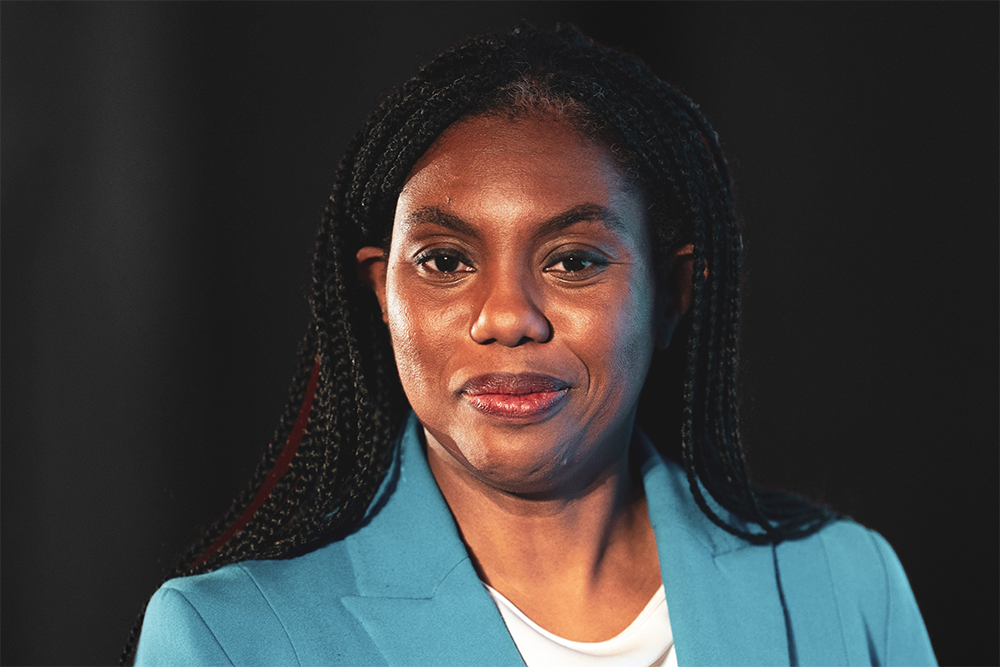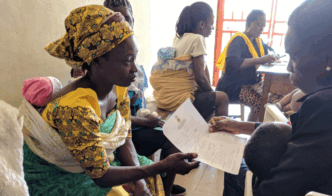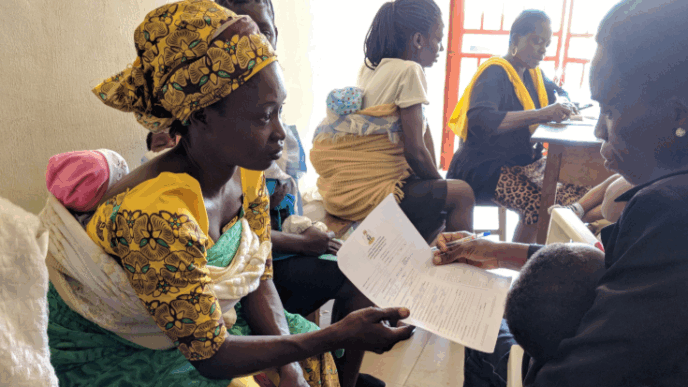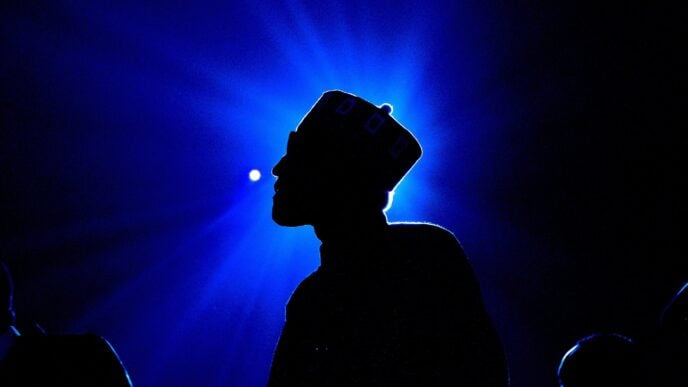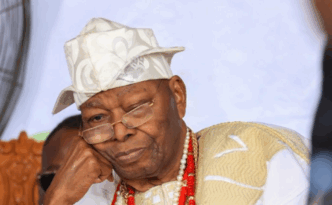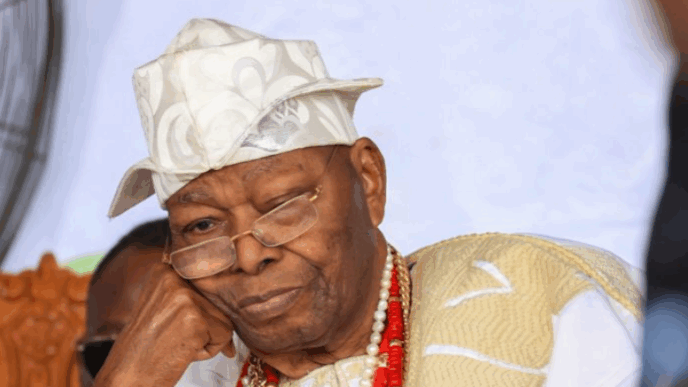BY SAMUEL JEKELI
Words carry immense power. They can inspire nations, heal wounds, or, conversely, deepen divides and sow lasting pain. Recently, speeches by Kemi Badenoch about Nigeria have sparked much controversy. Beyond politics, it’s worth reflecting on the deeper consequences of such words not only on Nigeria’s people today but also on future generations, and even on those who speak them.
Nigeria is a country of remarkable complexity, rich in diversity and bursting with potential. It faces significant challenges, no one denies that, but it also has immense strengths in its people’s creativity, resilience, and ambition. When voices of influence choose to focus solely on flaws and setbacks, they risk walking a path that wisdom warns against, the path of harsh judgment and shortsightedness, which ultimately blinds one to hope and transformation.
There is timeless guidance found in the stories of old that caution against casting stones or declaring final verdicts on the journey of others. Those who judge harshly often forget that time is a patient teacher, and nations, like individuals, grow through trials, setbacks, and redemption. To dismiss or condemn a people without acknowledging their potential or their progress is to walk a road marked by folly. It’s a path that isolates, rather than unites.
Advertisement
Words spoken today can echo far into the future. The narratives that dismiss Nigeria’s possibilities not only wound the nation’s present spirit but may also haunt the descendants of those who utter them.
Imagine a future where Nigeria has overcome its challenges and flourished beyond many expectations, where innovation thrives, institutions grow stronger, and millions live with dignity and opportunity. In such a future, the harsh judgments of today will be remembered not just as mistakes, but as deep wounds inflicted on the collective memory of a people.
For those who speak about Nigeria from a distance, it’s important to remember that choosing to distance oneself physically from a country does not absolve one from the responsibility to speak with humility and hope. History shows that those who condemn from afar often fail to see the seeds of renewal taking root at home. There is a quiet dignity in believing in the possibility of change, even when the current moment seems bleak.
Advertisement
Moreover, harsh words about a nation are not just empty statements; they shape perceptions globally and locally. They influence how Nigerians see themselves, how foreign investors view the country, and how future generations understand their heritage. A legacy of disparagement can dampen ambition, reduce opportunities, and foster division. But a legacy of encouragement, balanced truth, and respect can ignite hope and collective effort.
This is not a call to ignore real challenges, as accountability and honest critique are vital to progress. Yet, wisdom teaches that how we deliver critique matters just as much as what we say. Speaking with compassion and fairness invites dialogue and transformation; speaking with condemnation often hardens hearts and closes doors.
There is great value in nurturing patience, recognising that true change takes time and effort from all stakeholders. It requires a willingness to walk alongside those striving for reform, not simply to point out their failings. It demands humility to accept that no nation is perfect, and none can be judged by a single moment or speech.
For those in positions of influence, the call is to choose words that build, not break; to seek understanding rather than judgment; to offer hope rather than despair. For in doing so, they invest not only in the present but in the future, a future where their own descendants can look back with pride, not regret, at the legacy left behind.
Advertisement
In the end, history will remember those who spoke wisely and kindly, as well as those who spoke harshly and without foresight. Nigeria’s story is still being written. Let those who comment on it today do so with the humility, wisdom, and compassion that all great leaders and thinkers before us have taught, because the words we choose now may very well shape the world that our children and their children inherit.
Samuel Jekeli writes from the Centre for Social Justice, Abuja
Views expressed by contributors are strictly personal and not of TheCable.
